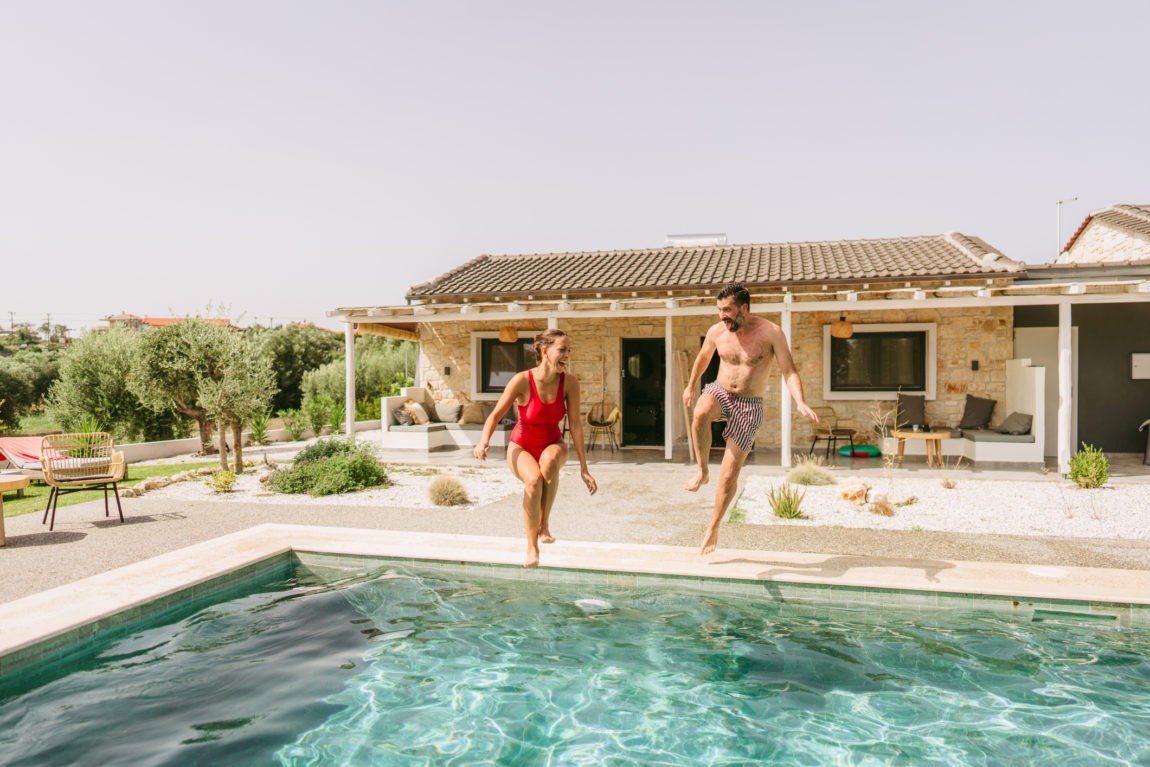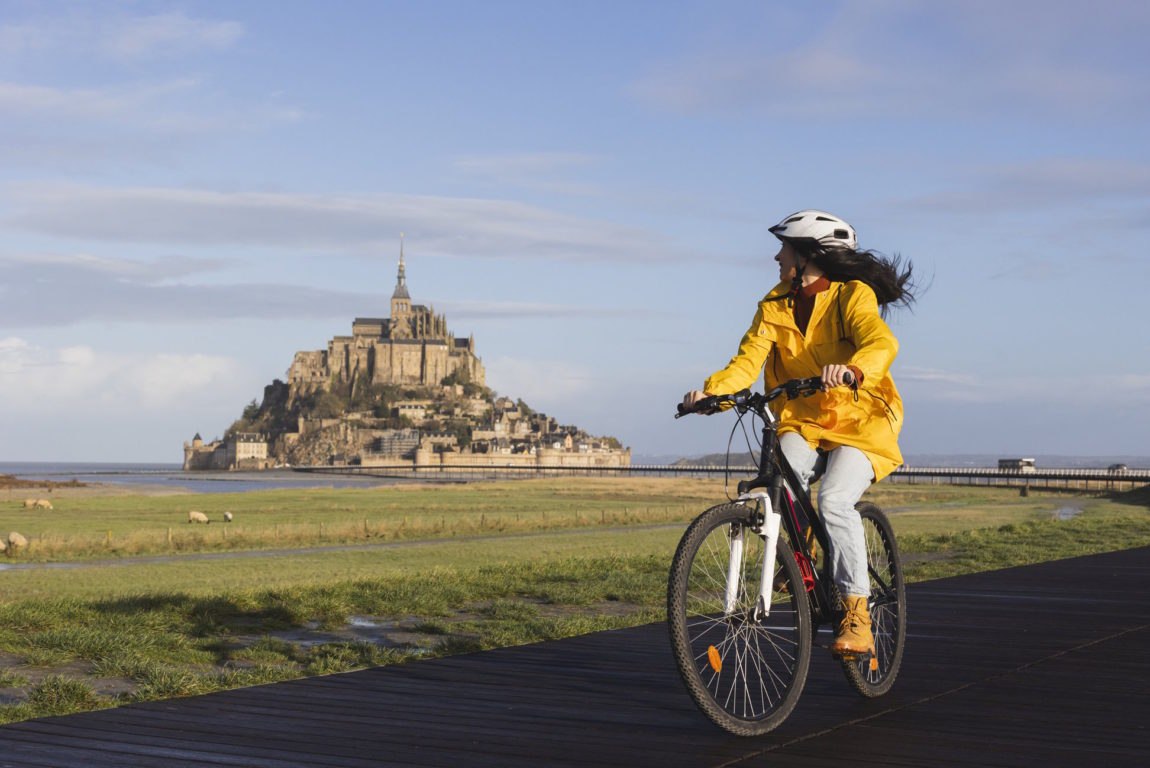Reading time: 5 minutes

Whether you're looking to recharge, reconnect, or go on an epic adventure, it's possible to have an amazing trip without spending a fortune. These practical tips will help you save on flights, accommodation, transport, activities and meals. Ready to save some serious cash? Let's go!
1. Find cheap flights
Booking flights can be a bit of a gamble, but there are ways to find the cheapest fares.
First, use an incognito browser when searching for flights. Airlines and booking platforms use cookies to track your search history and surreptitiously hike up prices if they see you repeatedly checking the same route. It's sneaky but true.
Also, consider booking flights departing midweek and leaving very early or late when fares tend to be lower.
If you can be flexible with your travel dates, consider going during the shoulder season (those magical months between high and low seasons). Not only will you save money, but you'll avoid the crowds. In Europe, think May or September when the weather is still great, but the prices are less painful.
2. Prioritise what's important
Before diving into your trip plans, ask yourself: What's the real reason I'm travelling? Is it adventure, relaxation, exploring a new culture or spending quality time with friends or family? Once you know what's most important, you can focus your budget on the things that truly matter and cut back on the rest.
Love getting out to explore nature in new places? You might skip the fancy dinners but spend on a guided hike. Traveling with family and you're all into good food? Why not forego a luxury hotel stay in favour of a cool Airbnb where you can shop for fresh produce at food markets and discover great local places to eat.
3. Look for alternatives to hotels
Hostels, homestays and Airbnbs are not only cheaper than hotels (especially if you'd need to book more than one room in a hotel) but often far more interesting. Imagine waking up in a rustic guesthouse on a Greek island or a quaint cottage in a charming French village.
House sitting or even house swapping can be a great option if you're looking to stay somewhere for free. Plus, you'll have a more authentic local experience and the ability to prepare at least some of your own meals while you're at it.
Travelling solo? Couchsurfing could all but eliminate your accommodation costs.
If you do want to stay at a hotel, check out the package deals on offer during the dates you're travelling – look for packages that give you an extra night for nothing or free daily breakfast, and don't hesitate to pick up the phone. Asking an actual person if there's a better priced room or whether they can throw in breakfast for free often pays off, especially during times of lower occupancy.

4. Skip the hotspots
If you're willing to venture to lesser-known spots, you'll discover stunning destinations for a fraction of the price of those you see repeatedly on Instagram. Instead of the Amalfi Coast, for example, why not explore Puglia in southern Italy? You'll get beautiful beaches, charming towns, and delicious food without the hefty price tag.
In Croatia, skip Dubrovnik and check out the Istrian Peninsula for equally breathtaking views and fewer tourists. And in France, opt for the Dordogne region instead of pricey Provence. You'll save money, see something different and the locals will be more grateful to have you there than in over-touristed hotspots.
5. Eat and drink for less
Eating out three times a day and buying bottled water can seriously deplete your savings. First up, bring a refillable water bottle with a good filter for free hydration on the go.
For meals, consider staying in places with kitchen facilities so you can cook your own food, or at least make breakfast. Stock up on fresh, affordable produce at local markets, pack salads, sandwiches or snacks for day trips, and if you want to eat out, hit up food trucks and street stalls instead of tourist traps (ask around to see where locals like to eat).
Tip: Have brunch and skip lunch. Then you can indulge in an early dinner at that local bistro you spotted – without blowing your daily travel budget.
6. Get around on the cheap
It will come as no surprise that public transport is your best friend when it comes to saving money. Instead of renting a car or splurging on taxis, try buses, trains, rickshaws or even bikes. In Europe, a Eurail pass is an affordable way to hop between countries, and more overnight routes with sleeper cars are being added all the time – train travel is enjoying a renaissance.
Major cities like Berlin, Prague, and Barcelona offer multi-day transit passes that are a steal compared to buying single tickets. And don't forget to look for discounts on city tours and attraction passes that bundle transport and activities.
In Paris, for example, the Paris Visite package allows unlimited metro, tram, bus, RER and train travel over a set period of consecutive days for less. In London or New York City, consider a hop-on, hop-off bus ticket that gets you around to all the major attractions (with admission discounts). Sometimes it pays to be a total tourist.
7. Keep activities simple
Who says you need to spend a fortune to have fun? Some of the best travel experiences are completely free, or nearly so. Go hiking in national parks or set off on a self-guided historic city walking trail, rent a bike or kayak, or hit the beach.
If you have your heart set on diving with whale sharks in the Maldives or riding camels through the desert in Jordan, by all means splurge – just balance out the rest of your trip with less expensive activities.

8. Get currency smart
Whatever you do, don't fall into the trap of exchanging money at the airport – it's notoriously overpriced – or your hotel. Instead, get your foreign currency at home before you leave or wait until you're in the city. Better yet, use a credit or debit card with no foreign transaction fees for most purchases, keeping some local cash on hand for small buys, tips, and local markets.
Travel insurance
We all know that the good times can take a slight detour when travelling. When the going gets tough, Travel Insurance Direct policies aim to do the heavy lifting and may assist with travel insurance cover for activities such as biking or kayaking to help keep your trip moving in the right direction, so you can refocus on the fun.